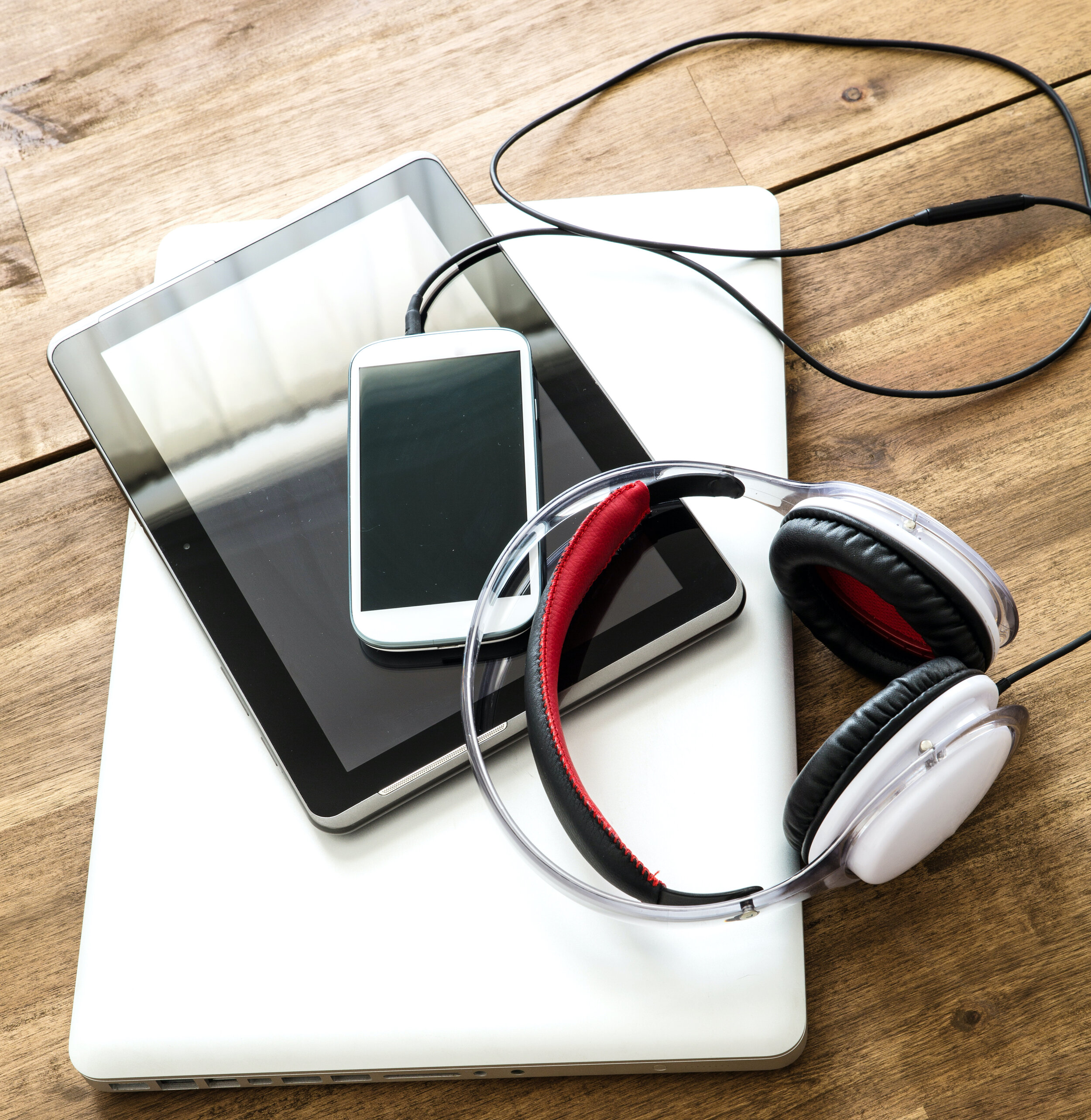Is Social Media Making You Anxious?
According to a study published in the Clinical Social Work Journal, problematic social media use among young adults is linked to anxiety and depression (Bettmann et al., 2020). The authors of the journal article summarized research and described a case study highlighting the increase in social media use among college students and associated negative outcomes (i.e., problematic use of social media, increased rates of anxiety and depression). This article has implications for increasing awareness about anxiety and promoting intervention for problematic social media use.
How is Anxiety Related to Social Media Use?
Social media use and anxiety are on the rise. Social media includes social networking platforms, such as Instagram, Facebook, and Twitter. Smartphones and social media play an important role in the lives of college students for the purposes of social networking and entertainment. Social media can provide the opportunity for positive social engagement and help increase social connections and sense of community, particularly for those individuals who are shy or socially anxious. However, problematic social media use (i.e., impulsive, dependent, and necessary use) can contribute to mental health concerns, such as anxiety, depression, and lower self-esteem. It can also increase relationship dissatisfaction and feelings of social isolation and decrease physical activity and academic achievement. Increased anxiety has been linked to excessive social media use that includes frequent social comparisons (e.g., comparing attractiveness, life achievements, and amount of positive feedback from others) and negative online interactions.
Six Ways to Tell if Your Social Media Use is Problematic
Social media is the single most important thing in your life
You get a “high” when using social media for the purpose of distraction or escape
Your time spent on social media is gradually increasing
When you are unable to engage in social media, you feel upset
Your social media use competes with other important aspects of your life, like school, hobbies, family, and friends
Even after periods of controlled social media use, you revert to patterns of excessive use
Three Ways to Intervene When Social Media is Making You Anxious
Make your social media use intentional: Start by recording how much time you spend on social media each day and reflecting on that time spent in relation to your life goals and values. Make a plan to decrease the amount of time you spend on social media. Instead of impulsively engaging in social media at all hours of the day, set weekly goals that include the specific day(s), time(s) of day, and how long you will use each social media site. Turn off social media notifications that may distract you from your goals.
Take regular breaks from technology: Make time to engage in hobbies (e.g., reading, cooking), social interactions (e.g., game night with friends), and physical activity (e.g., sports, fitness classes) without any technology devices around. Set boundaries around social media use (e.g., no social media during meals). Consider taking a break from social media for an extended period of time (e.g., week, month). If needed, connect with a family member or friend for support and accountability.
Seek support from a professional: When your social media use is making you anxious, contact a psychologist who can provide Cognitive Behavioral Therapy (CBT). This type of counseling focuses recognizing and interrupting unhelpful patterns of behaviors (e.g., problematic social media use), thoughts (e.g., “Everyone else on Instagram is more successful than I am”), and emotions (e.g., anxiety). Student Success Psychological Services offers online CBT that can help. Click here to learn more.
Find the link to the full research article here: https://doi.org/10.1007/s10615-020-00752-1
Bettmann, J. E., Anstadt, G., Casselman, B., & Ganesh, K. (2020). Young Adult Depression and Anxiety Linked to Social Media Use: Assessment and Treatment. Clinical Social Work Journal, 1-12.

